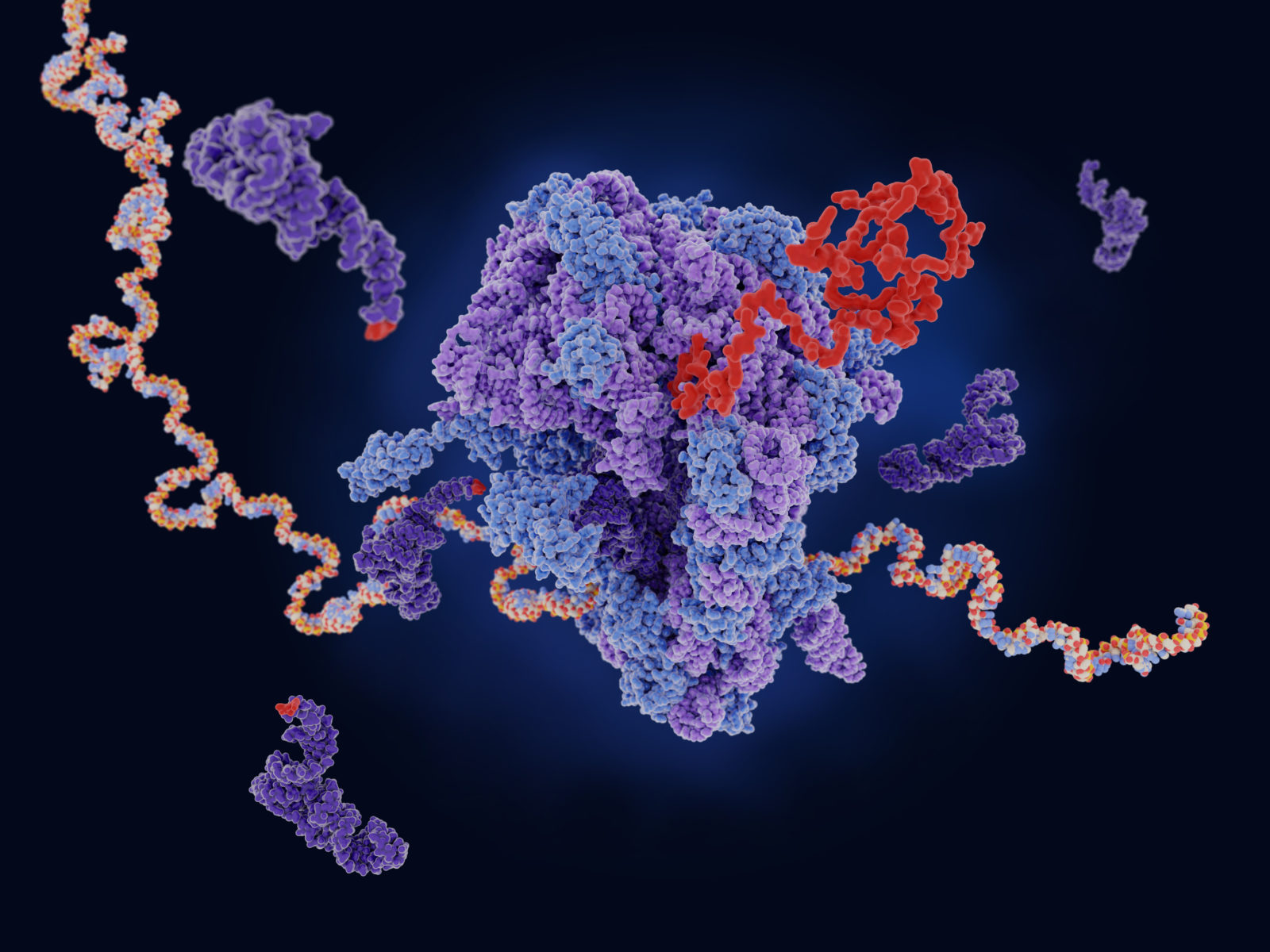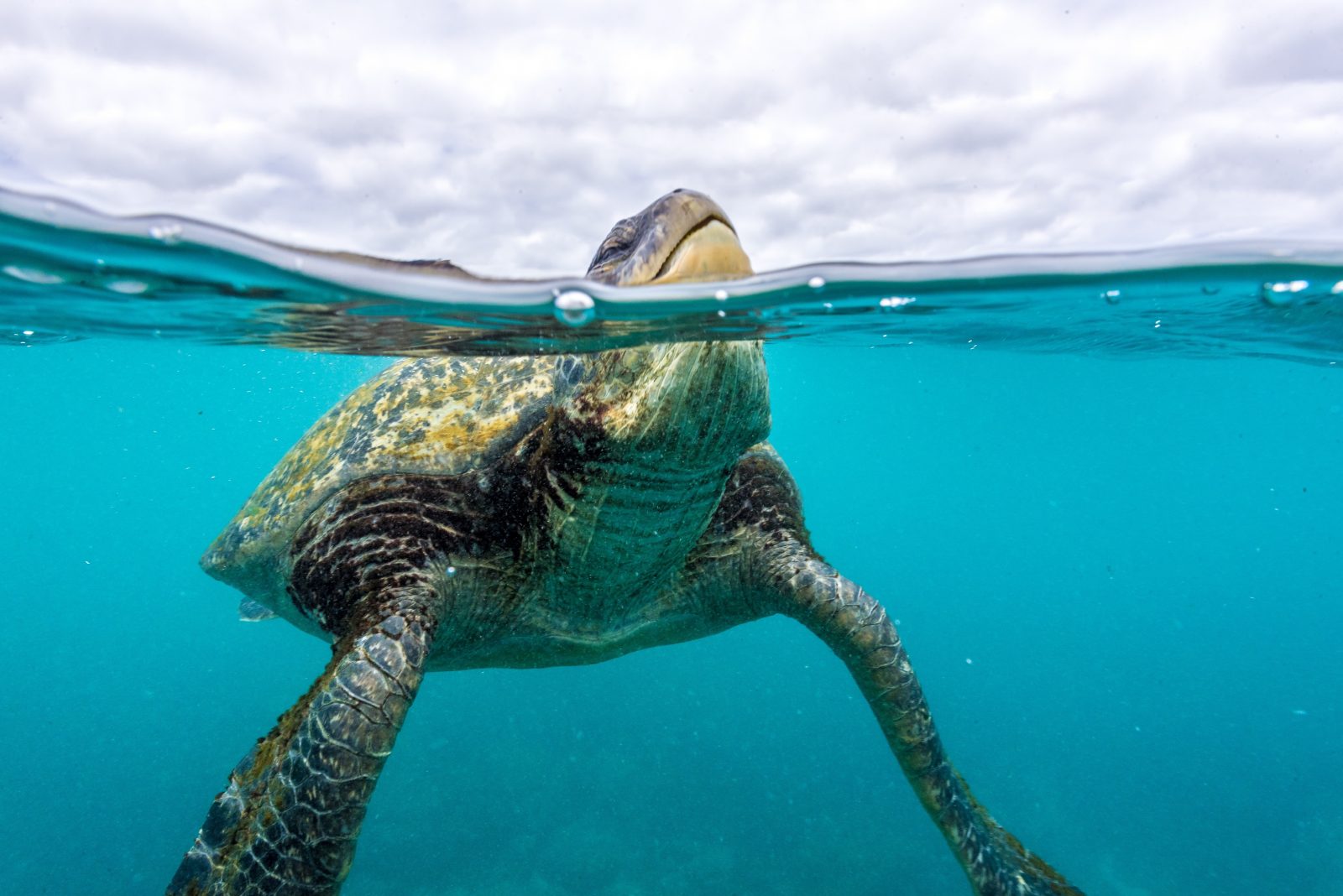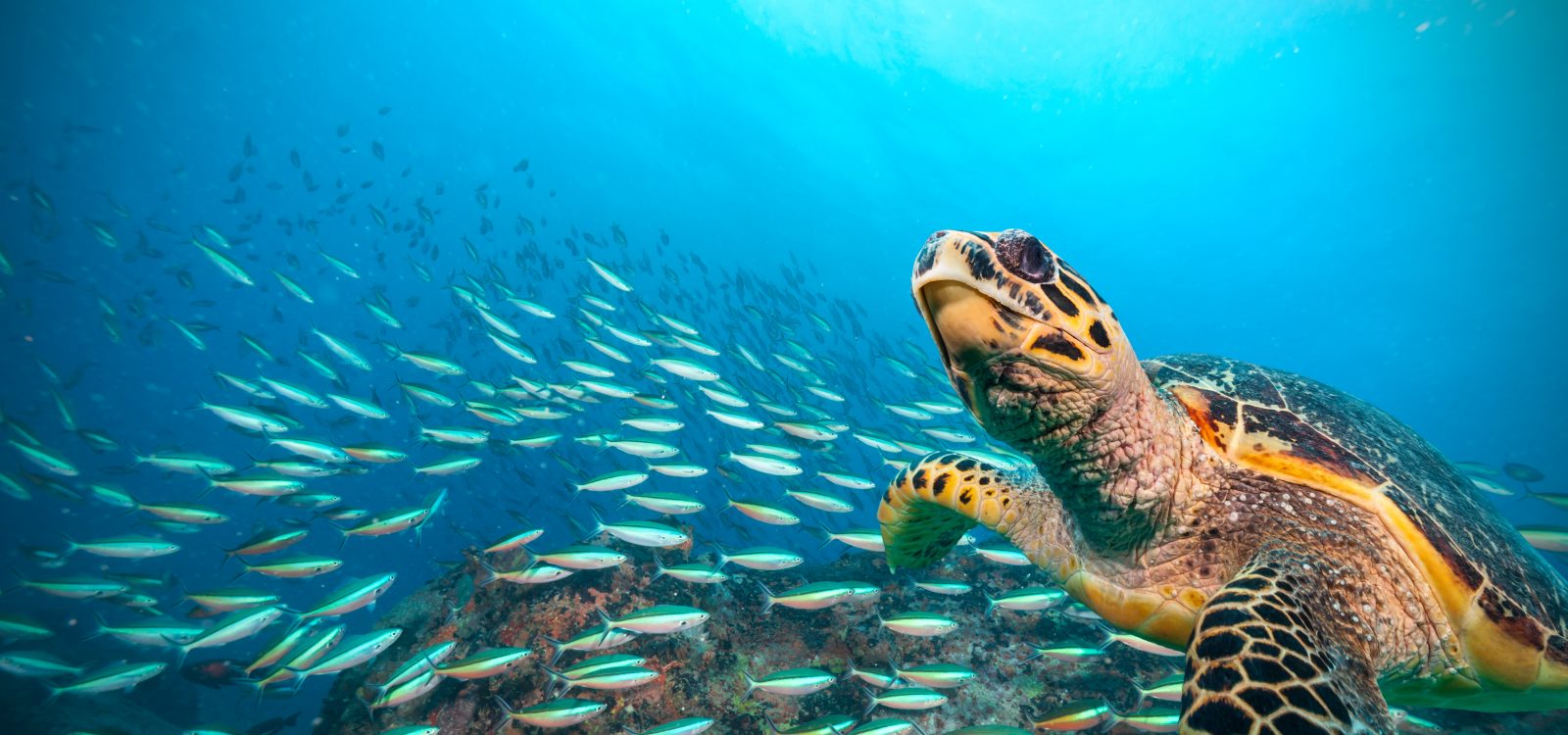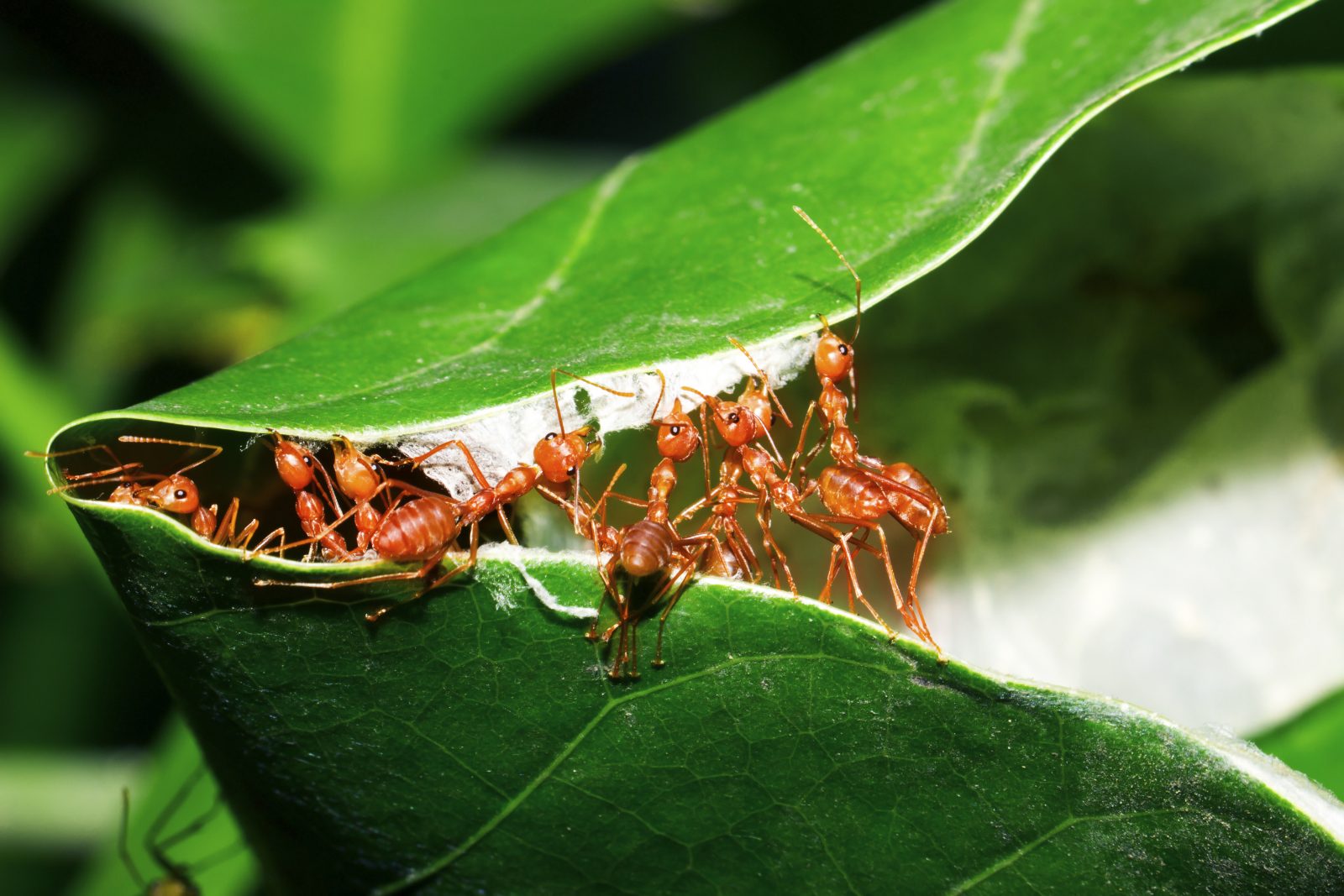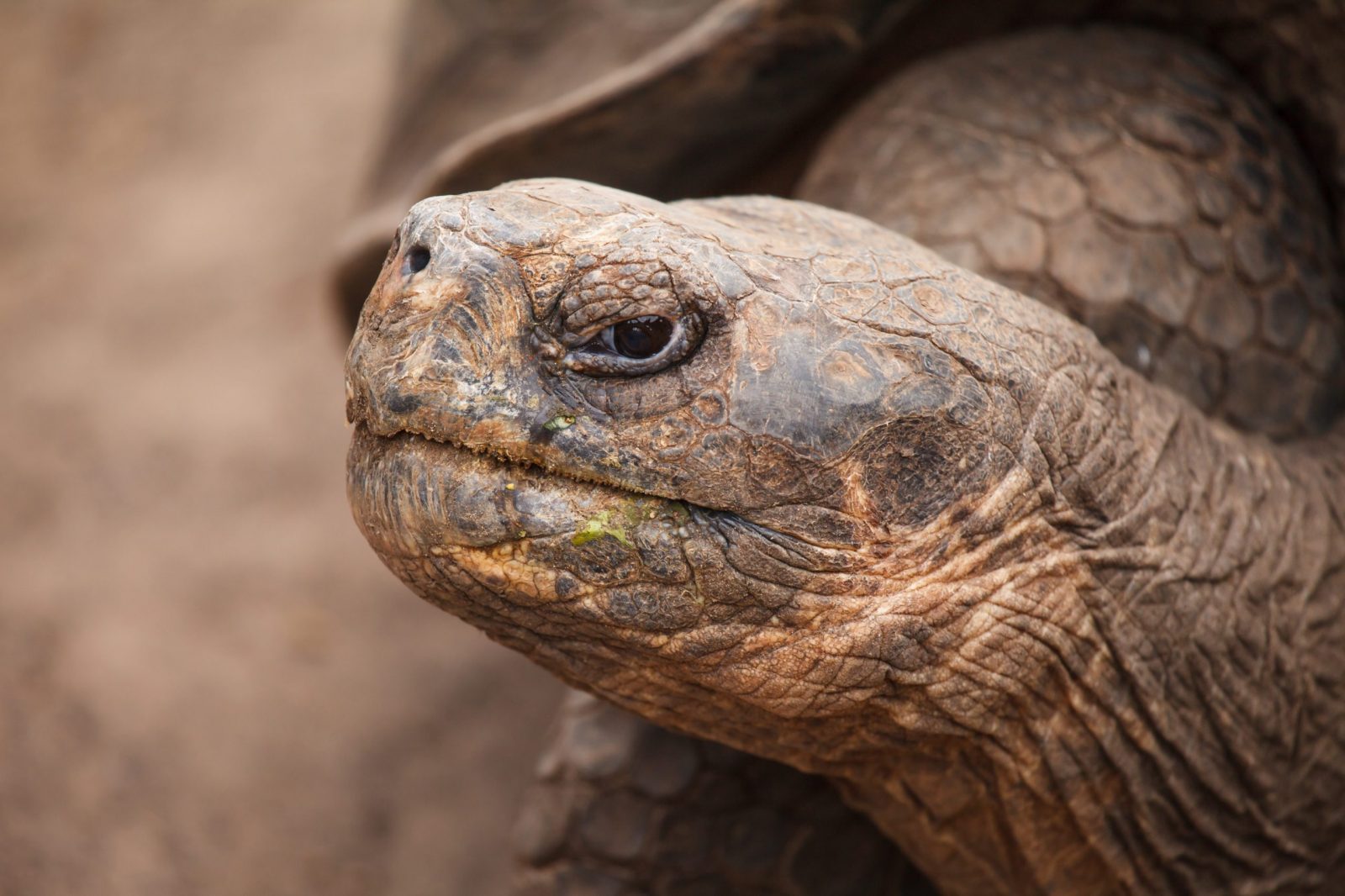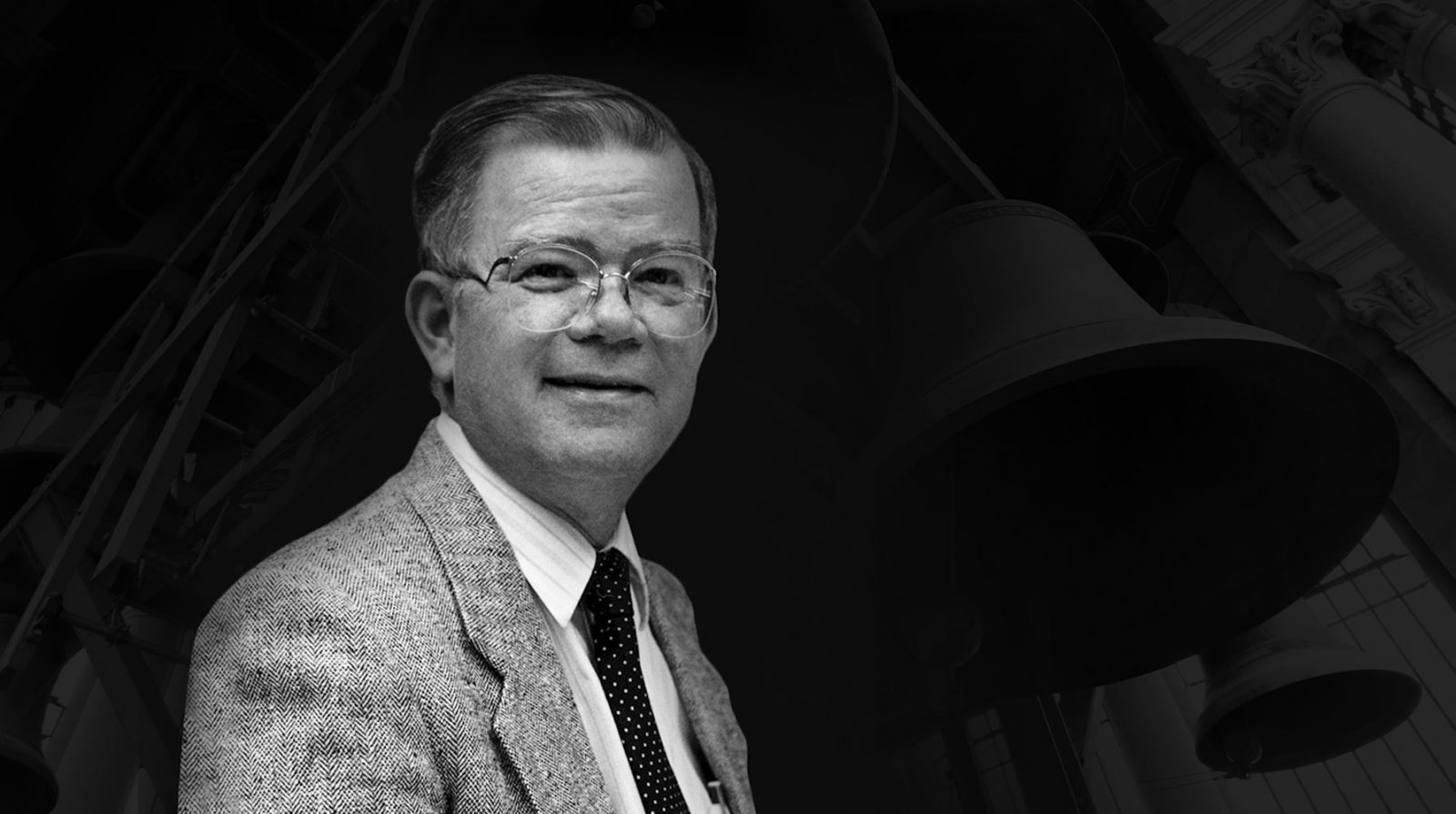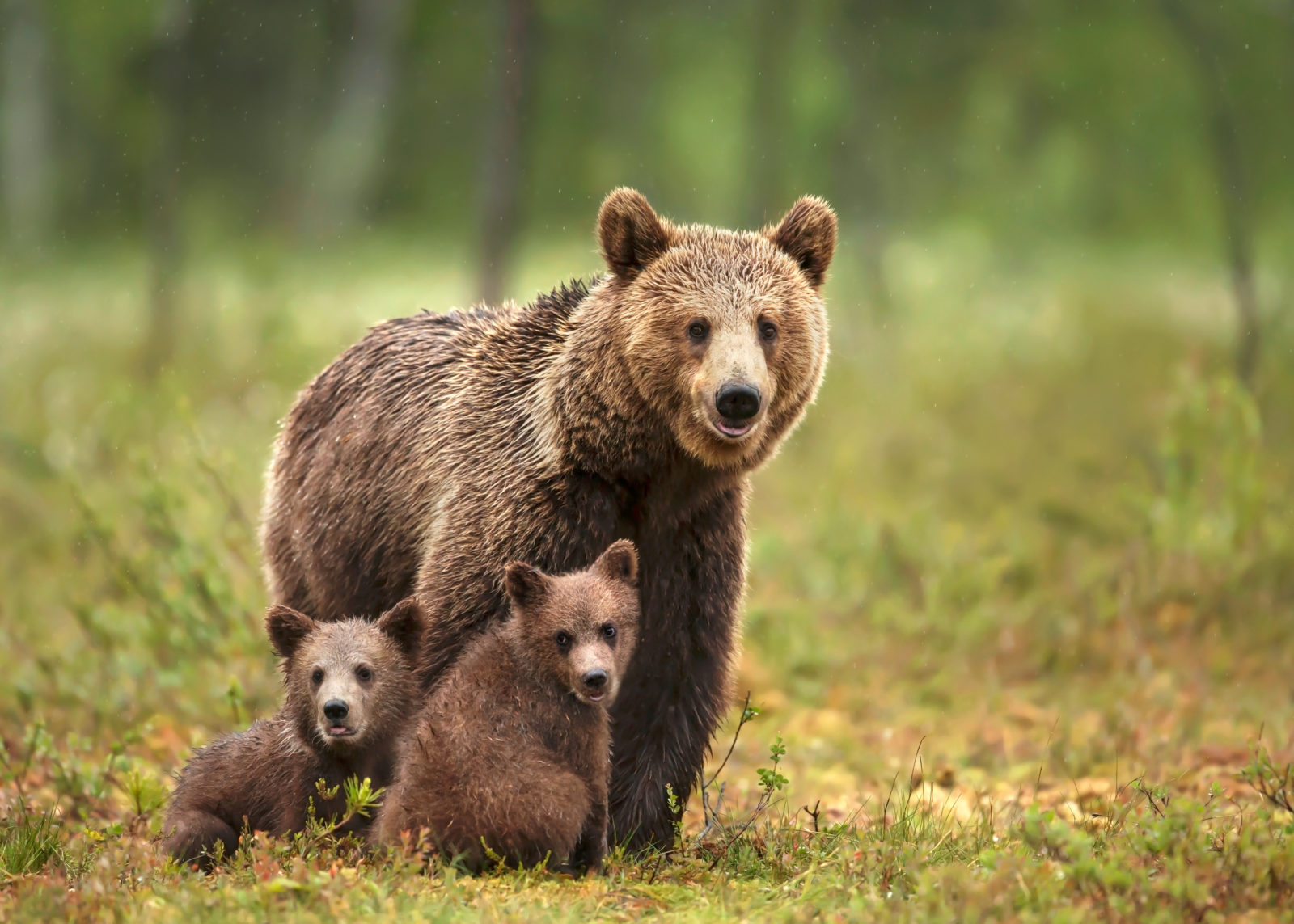
Mama Bear Apologetics Takes on Atheist Richard Dawkins
Today’s ID the Future puts atheist Richard Dawkins’s book Outgrowing God under the microscope and reveals multiple ways his argument smashes up against contrary scientific evidence. Walking us through the critique are author and Mama Bear Apologetics founder Hillary Morgan Ferrer and her co-host, Amy Davison. Dawkins invokes the beautiful order evident in the murmuration of bird flocks as evidence that complexity can evolve from simple algorithmic rules. But Ferrer explains why the phenomenon of bird murmuration doesn’t even begin to approach what we find when sophisticated engineering order emerges in the growth of embryos. Ferrer also considers the challenges of re-engineering sperm thermoregulation to move from how it works in marine life to how it works in land animals. For a blind process to traverse this evolutionary pathway while maintaining viability at every stage would require—to adapt a line from Alice in Wonderland—six hundred impossible things before breakfast. What about evolving something simpler, such as the bilayer cell membrane, essential for cellular life? No, Ferrer argues. It’s also far too sophisticated to have evolved through a blind evolutionary process. What is needed is the foresight that comes with intelligent design. Tune in to hear Ferrer and Davison rebut these and other pro-evolution arguments from Richard Dawkins. This episode of the Mama Bear Apologetics podcast is reposted here with permission. To read more from Ferrer and some of her Mama Bear colleagues, pick up their bestselling book Mama Bear Apologetics: Empowering Your Kids to Challenge Cultural Lies.
